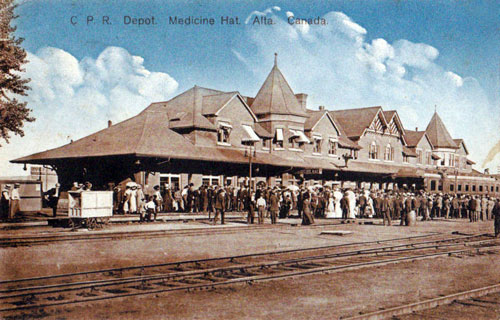-A Topic Which is Not Often Mentioned
In the 1960’s, Geriatrician Robert Butler coined the phrase “ageism”. It was used in the context of the prevailing social practice of stereotyping older people and the aging process in a negative manner. It reflected existing societal attitudes towards the elderly, which portrayed them often in disparaging terms and that identified them as unflattering stereotypes. As time progressed, ageism was viewed more in a legal context having regard to policy or practices, which were considered prejudicial or discriminatory in nature.
Today, ageism is defined more specifically as discrimination on the basis of a person’s age.
In a time of increased diversity and a desire to promote inclusivity within Canada, ageism is seen as one of the newest challenges facing society. Much of the world is caught up in the #MeToo movement, which focuses on sexual harassment in the workplace. But in addition, there is a growing awareness and strong sentiment being expressed also about age discrimination in the workplace environment.
But there are other areas where ageism is not often mentioned but in reality exists to the financial detriment to the “retiree” or “senior citizen”. This prompted one observer to remark,
“Ageism is the most tolerated form of social prejudice in Canada and there is no greater safe haven for this kind of prejudice than in the insurance industry.”
In my opinion, one of the last bastions, where age discrimination continues to be accepted and tolerated is in the area of private sector insurance and in particular, private health insurance and more specifically, Travel Medical Insurance.
Let me explain.
